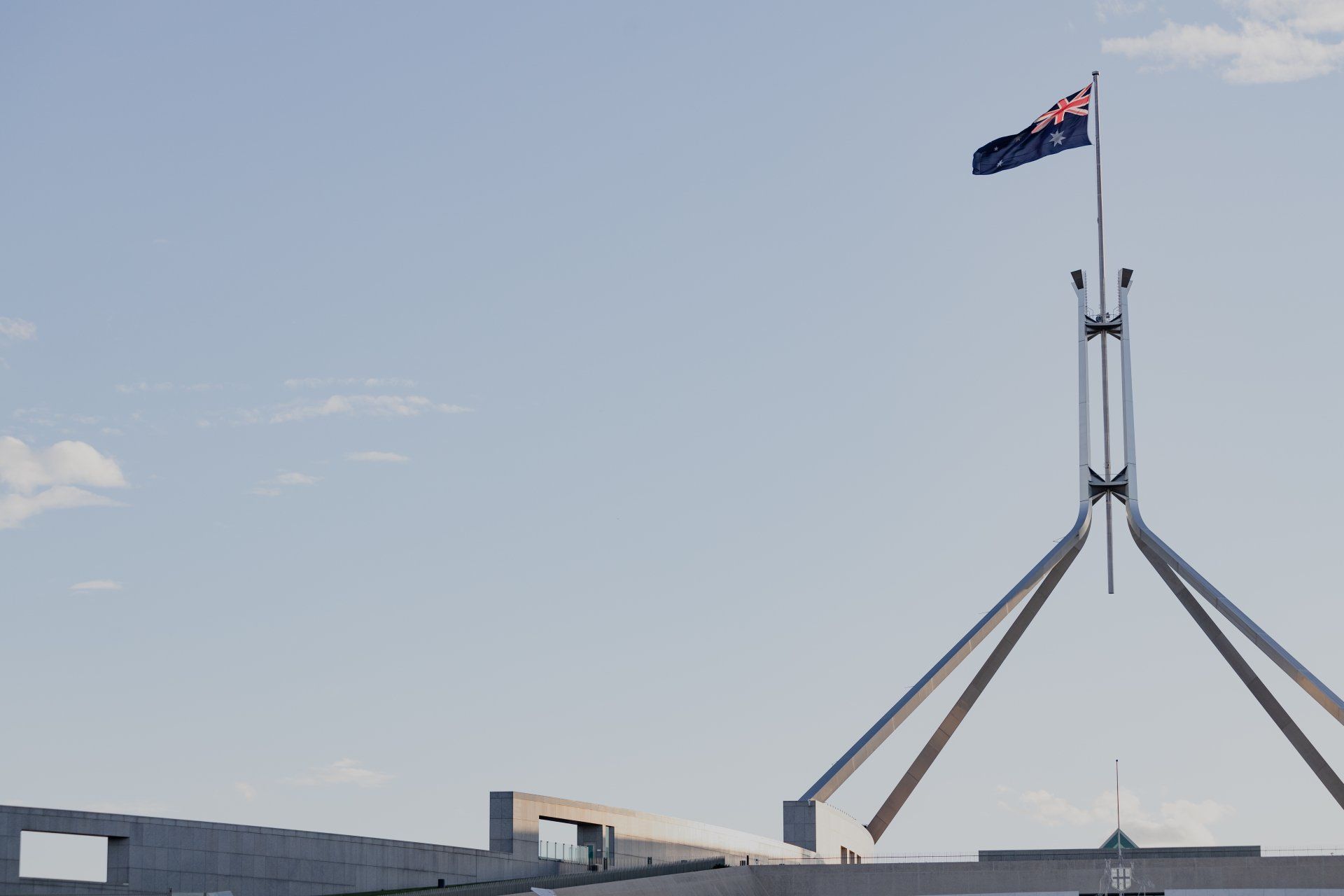Year End Payroll compliance and Year End readiness

Businesses contribute to payroll processes all year, before looming deadlines cause some pressure. Businesses are experiencing intense scrutiny of their payroll and wage compliance to ensure that they have not been underpaying wages and entitlements. Even small issues in payroll, or in time/attendance recording, when extrapolated over a large workforce over many years can add up to significant exposures.
In Australia payroll has always been a challenging compliance area for businesses, given Australia’s complex industrial relations system and factors such as the significant investment required in technology and resources to stay up to date.
Non-compliance and underpayments can expose organisations to the risk of significant financial penalties, reputation damage, loss of employee trust and remediation work.
Beyond deadlines, the threat of accruing fines and fees for late or inaccurate year end payroll is more than enough to motivate businesses to get the whole thing over with as soon as possibly able.
The best way to be prepared in ensuring payroll compliance:
- Classify workers correctly
- Keep meticulous employee and payroll records
- Stay informed about the latest payroll regulations
- Automate payroll with software programs
- Integrate payroll with timekeeping and benefits administration
- Audit payroll processes regularly
- Review failed STP filing before the year end
Specific Payroll Reporting Compliance Dates
End of year STP finalisation declaration should be completed by the 14 July each year if you have 20 or more employees or 31 July for less than 20 employees.
Key dates in July:
- 14 July - Finalise STP report if you have 20 or more employees
- 21 July - Lodge monthly BAS
- 28 July - Q4 BAS due (you get an extra 2 weeks if you lodge online)
- Q4 Super and PAYG instalments due
- 31 July - Finalise STP if you have less than 20 employees
Annual Payroll Tax 2021-2022 return and payments are due in QLD to the (Qld Revenue Office) on the 21 July 2022 and NSW to the (NSW revenue office) this date in the 28 July, 2022. Including wages for the June period.
Key dates in August:
- 11 August - Q4 BAS final due date
- 14 August - PAYG withholding payment summary annual report due
- 21 August - Lodge monthly BAS
- 28 August - Taxable payments annual report (TPAR) due
TPAR returns are due to the ATO on the 28 August each year. Businesses need to report payments made to contractors or subcontractors during the financial year.
Annual Wage Review Decision 2021-2022
The significant changes since last year’s wage review decision have been the sharp rise in the cost of living (inflation) and the strengthening of the labour market. There is also a marked difference in the inflation forecasts.
Business inputs increase and depending on the capacity to pass on those costs, adversely affects profitability. Inflation erodes the real value of a worker’s wage and reduces living standards. Changes in relation to the .5% increase in the Super guarantee rate from July and the removal of the $450/month threshold were also moderating factors. That said, the Panel noted that the low paid are particularly vulnerable in the context of rising inflation.
The panel review concluded that the changes in the economic context weigh in favour of an increase in the modern award and minimum wages.
To operate from 1 July 2022. The Panel decided to increase a national minimum wage of $812.60 per week or $21.38 per hour. This amounts to a 5.2% increase.
Modern award minimum wages will increase by 4.6% subject to a minimum wage increase of $40 per week. Award rates above $869.60 per week will increase by 4.6% and award rates below $869.60 per week will increase by $40 per week. The $40 per week increase is based on a 38 hour week for a full time employee.
A delayed operative date was decided for awards in the aviation, tourism, and hospitality sectors. The following modern awards will increase as from the 1st October 2022.
- Aircraft /Cabin Crew Award 2020
- Airline Operations – Ground Staff Award 2020
- Air Pilots Award 2020
- Airport Employees Award 2020
- Airservices Australia Enterprise Award 2016
- Alpine Resorts Award 2020
- Hospitality Industry (General) Award 2020
- Marine Tourism and Charter Vessels Award 2020
- Registered and Licensed Clubs Award 2020
- Restaurant Industry Award 2020
Some businesses covered by modern awards will face two minimum wage increases within a twelve month period.
If you or your business requires any assistance with the above please do not hesitate to contact us on 07 5413 9393 or enquiry@evolveonlinebookkeeping.com.au







QUICK LINKS
CONTACT US
Privacy | Terms of Service | Evolve Online Bookkeeping © 2020 All rights reserved | site by mulcahy.com.au/marketing


